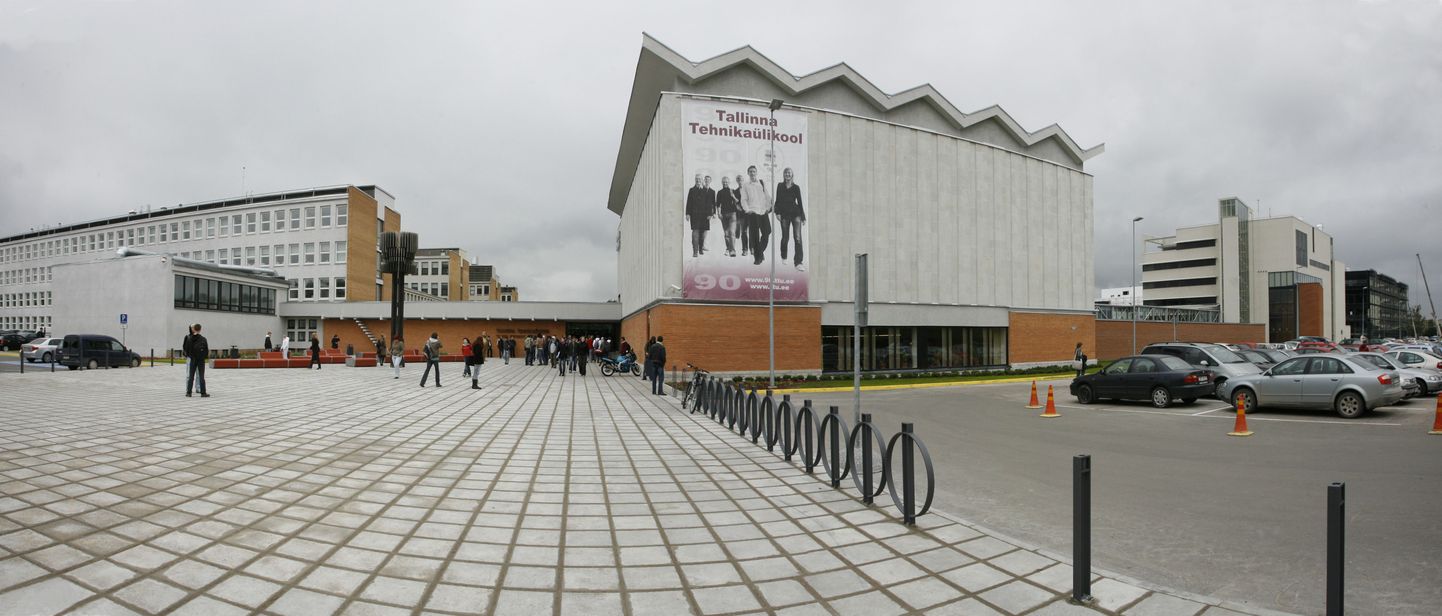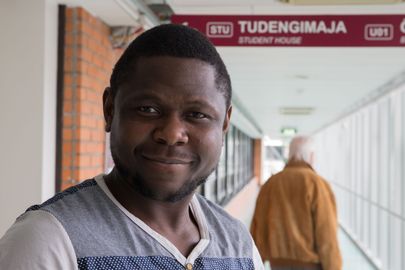
Tallinn University of Technology (TTÜ) is set to hike prices of credit points and abolish free curricula for foreign students from the new academic year.

Tallinn University of Technology (TTÜ) is set to hike prices of credit points and abolish free curricula for foreign students from the new academic year.
“The price advance is due to the fact that prices had remained on the same relatively low level for a long time,” said Vice Rector Jakob Kübarsepp. He added that the university will adjust prices so that credit points of curricula in Estonian will cost at least €40 and those in English at least €55. Credit prices will not go up for most economics faculty curricula as corresponding prices were hiked earlier.
Credit points will become more expensive by approximately €10. A credit point in the natural sciences faculty will cost €40 instead of the current €29. The price of credit points will be hiked from €32 t0 €40 in IT. To escape tuition, students have to earn 45 European credit points (EAP) annually.
The university council approved the new prices on December 20 with opposition from representatives of students and the director of the university's museum who was laid off in January.
The board of the TTÜ student body told Postimees that the price advance was less than transparent – while the board cited adjustment, prices will go up considerably.
“In addition, the negotiations process includes tougher workload standards, which means students can afford to make fewer mistakes. If this second component is also enforced, the effect of these two conditions will hit students fast and hard,” the student body concludes.
“The new academic year will see admissions for curricula average subjects in which weigh 6 European credit points (currently lower – ed.). In a situation where a lot of students already have to work to make ends meet and perhaps pay for a few missed EAPs, higher prices and tougher study requirements could lead to the opposite of the desired result – increasing the number of students graduating in nominal period of study – as students will have an even greater need to work on the side. This means less time for studying,” students write.
The second change concerns foreign students who have so far been allowed to study several curricula for free.
“Natural, exact, and technical sciences curricula in English have been available for free, just like their counterparts taught in Estonian. This policy will change for the 2017/2018 academic year: tuition will be charged for all English curricula,” Kübarsepp said. He added, however, that a lot of foreign students are offered scholarships.
The biggest price hike will hit English curricula in the IT faculty where a single credit point will cost €100 instead of the current price of €48.
TTÜ is the most popular Estonian public law university among foreigners where the latter make up more than 10 percent of the student body. The university had 11,070 students as of November last year, 1,468 of whom are from abroad – mostly Finns, Russians, Ukrainians, but also Turks, Nigerians, and Indians.
“We find that our curricula are good enough so that people do not to come here for free tuition but rather quality,” Kübarsepp explained.

“This will definitely affect the motivation of foreign students to come and study in Estonia,” said TTÜ materials sciences doctorate God'swill Nkwusi who came to Estonia from Nigeria in 2011 and has helped several of his countrymen to apply to Estonian universities. “Estonia has helped a lot of people realize their academic dream, and tuition might be an obstacle for some; however, if the fees help maintain quality of education, the university has likely made the right choice.” Nkwusi said.
Head of study organization and quality at the University of Tartu Ülle Hendrikson said that the university reviews its credit prices every year but avoids hikes of more than 10 percent from one academic year to the next. A credit point costs the most in medical and dental curricula where it was €100 in 2016/2017 and will remain the same for the coming academic year.
“Regarding studying in a foreign language, we proceed from cost of curricula and market situation,” Hendrikson said. Medicine is the most expensive field here too with the cost of a semester having remained stable at around €5,500.
Head of the academic affairs office of Tallinn University Helen Joost said the university charges a tuition for all English curricula. Joost said that semester fees went up considerably for the 2016/2017 admissions, and that there are no great changes for this year.
“The law provides the right to study for free in full-time Estonian curricula. While universities are within their rights to allow other students to study for free, it has to come at the expense of something. It is up to universities to assess whether charging tuition might jeopardize the target of involving foreign students or not,” said head of the higher education department of the Ministry of Education and Research Margus Haidak.
“Foreign student should come to Estonia for the quality of education, not free higher education as the sole argument,” he added.